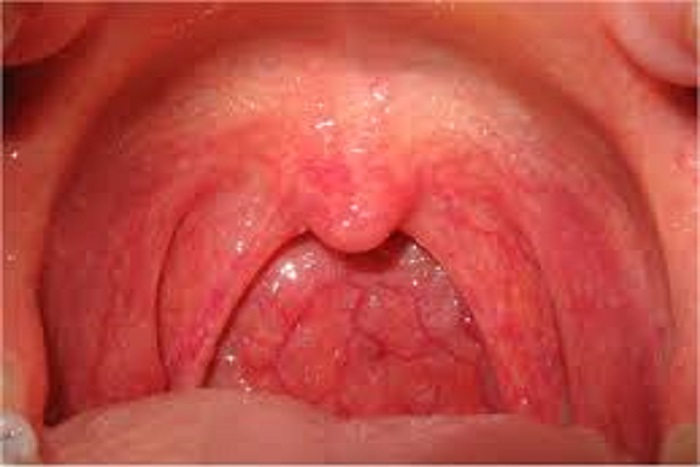
Pharyngitis is inflammation of the pharynx, which is in the back of the throat. It’s most often referred to simply as “sore throat.” Pharyngitis can also cause scratchiness in the throat and difficulty swallowing.
According to the American Osteopathic Association (AOA), pharyngitis-induced sore throat is one of the most common reasons for doctor visits. More cases of pharyngitis occur during the colder months of the year. It’s also one of the most common reasons why people stay home from work. In order to properly treat a sore throat, it’s important to identify its cause. Pharyngitis may be caused by bacterial or viral infections.
Causes of pharyngitis
There are numerous viral and bacterial agents that can cause pharyngitis. They include:
Viruses are the most common cause of sore throats. Pharyngitis is most commonly caused by viral infections such as the common cold, influenza, or mononucleosis. Viral infections don’t respond to antibiotics, and treatment is only necessary to help relieve symptoms.
Less commonly, pharyngitis is caused by a bacterial infection. Bacterial infections require antibiotics. The most common bacterial infection of the throat is strep throat, which is caused by group A streptococcus. Rare causes of bacterial pharyngitis include gonorrhea, chlamydia, and corynebacterium.
Frequent exposure to colds and flus can increase your risk for pharyngitis. This is especially true for people with jobs in healthcare, allergies, and frequent sinus infections. Exposure to secondhand smoke may also raise your risk.
Symptoms
The incubation period is typically two to five days. Symptoms that accompany pharyngitis vary depending on the underlying condition.
In addition to a sore, dry, or scratchy throat, a cold or flu may cause:
In addition to a sore throat, the symptoms of mononucleosis include:
Strep throat, another type of pharyngitis, can also cause:
The length of the contagious period will also depend on your underlying condition. If you have a viral infection, you will be contagious until your fever runs its course. If you have strep throat, you may be contagious from the onset until you’ve spent 24 hours on antibiotics.
The common cold usually lasts less than 10 days. Symptoms, including fever, may peak around three to five days. If pharyngitis is associated with a cold virus, you can expect your symptoms to last this duration of time.
Diagnose
If you’re experiencing symptoms of pharyngitis, your doctor will look at your throat. They’ll check for any white or gray patches, swelling, and redness. Your doctor may also look in your ears and nose. To check for swollen lymph nodes, they will feel the sides of your neck.
If your doctor suspects that you have strep throat, they will likely take a throat culture. This involves using a cotton swab to take a sample of the secretions from your throat. Most doctors are able to do a rapid strep test in the office. This test will tell your doctor within a few minutes if the test is positive for streptococcus. In some cases, the swab is sent to a lab for further testing and results are not available for at least 24 hours.
If your doctor suspects another cause of your pharyngitis, they may order blood work. A small sample of blood from your arm or hand is drawn and then sent to a lab for testing. This test can determine whether you have mononucleosis. A complete blood count (CBC) test may be done to determine if you have another type of infection.
If a virus is causing your pharyngitis, home care can help relieve symptoms. Home care includes:
For pain and fever relief, consider taking over-the-counter medication such as acetaminophen (Tylenol) or ibuprofen (Advil). Throat lozenges may also be helpful in soothing a painful, scratchy throat.
Alternative remedies are sometimes used to treat pharyngitis. However, you should contact your doctor before using them to avoid drug interactions or other health complications. Some of the most commonly used herbs include:
In some cases, medical treatment is necessary for pharyngitis. This is especially the case if it’s caused by a bacterial infection. For such instances, your doctor will prescribe antibiotics. According to the Centers for Disease Control and Prevention (CDC), amoxicillin and penicillin are the most commonly prescribed treatments for strep throat. It’s important that you take the entire course of antibiotics to prevent the infection from returning or worsening. An entire course of these antibiotics usually lasts 7 to 10 days.
Pharyngitis prevention
Maintaining proper hygiene can prevent many cases of pharyngitis.
To prevent pharyngitis: